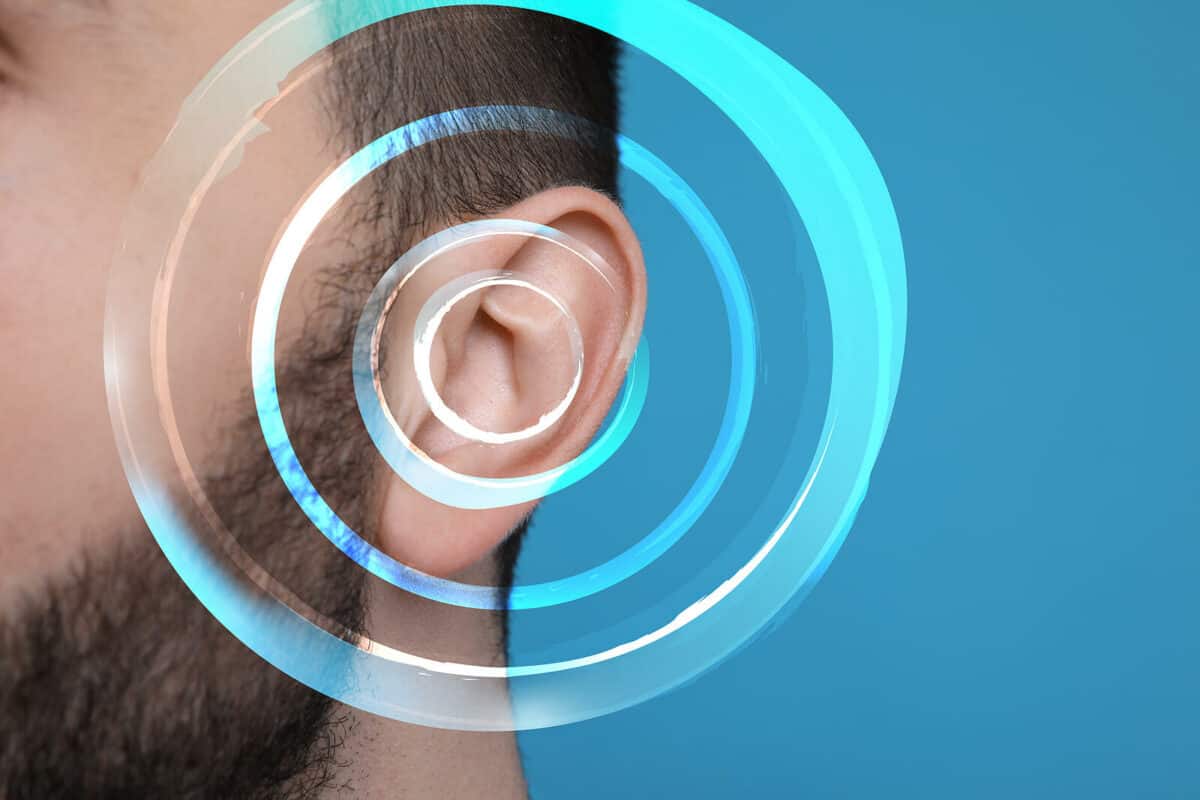- Volunteering for Hearing Health Causes - May 27, 2025
- Questions to Ask During Your Hearing Health Appointment - May 16, 2025
- Exploring Alternative Therapies for Hearing Loss - May 6, 2025
Tinnitus, that annoying ringing sound in your ears, is a perception of noise when there is no external sound source. It can show up as buzzing, humming, whistling, ringing, or various other sounds. Let’s delve into the world of tinnitus, and what you can do about it.
What Is Tinnitus?
Tinnitus is a condition that affects the auditory system, where you hear sound when no external sound is present. It’s often described as “ringing in the ears,” but individuals with tinnitus can experience a range of sounds, from buzzing and humming to hissing or roaring.
Types of Tinnitus
There are two main types of tinnitus. Subjective tinnitus is the most common type and is only heard by the person with tinnitus. It is typically linked to damage in the auditory system, such as exposure to loud noise, earwax blockage, or age-related hearing loss.
Objective tinnitus is relatively rare and can be heard by the person with tinnitus and by a healthcare provider. It often results from underlying vascular or muscular conditions.
Causes of Tinnitus
Understanding the underlying causes of tinnitus is crucial for effective management. Some common causes include:
- Exposure to Loud Noise: Prolonged exposure to high-intensity noise, whether from the job site, recreational activities, or sudden loud events, can damage the auditory system and trigger tinnitus.
- Age-Related Hearing Loss: Presbycusis, or age-related hearing loss, is a common cause of tinnitus. As individuals age, the structures of the inner ear can be damaged, leading to hearing loss and potential tinnitus.
- Earwax Blockage: An excessive buildup of earwax can block the ear canal, leading to tinnitus. Removal of the blockage can often alleviate the symptoms.
- Medications: Some medications, particularly high doses of aspirin, certain antibiotics, and anti-inflammatory drugs, are known to cause tinnitus as a side effect.
- Underlying Health Conditions: Various underlying health conditions, including high blood pressure, cardiovascular disease, and temporomandibular joint (TMJ) disorders, can trigger tinnitus.
Impact of Tinnitus
Tinnitus can have a profound impact on an individual’s quality of life. Some of the effects include:
- Sleep Disturbances: Tinnitus can make it challenging to fall asleep or stay asleep, leading to chronic fatigue and sleep disturbances.
- Emotional Distress: Tinnitus can cause anxiety, depression, and increased stress due to the constant presence of disruptive sounds.
- Concentration and Focus: Tinnitus can make it difficult to concentrate on tasks or conversations.
Tinnitus Management and Treatment
While there is no cure for tinnitus, various management strategies and treatments can help you cope with symptoms of tinnitus. If you have both hearing loss and tinnitus, hearing aids can help improve overall hearing and provide relief from tinnitus. Sound therapy is another effective treatment strategy. It uses external sounds, such as white noise or nature sounds, to mask or distract from the tinnitus noise.
In some cases, medications may be prescribed to alleviate tinnitus-related distress. Finally, Tinnitus Retraining Therapy (TRT) can be useful in managing tinnitus symptoms. TRT combines counseling and sound therapy to help individuals manage tinnitus.
Coping with Tinnitus
Coping with tinnitus can be challenging, but adopting certain strategies can make it more manageable. For example, joining a tinnitus support group or seeking professional counseling can provide valuable emotional support. Techniques such as meditation, yoga, and deep breathing exercises can also help reduce stress and anxiety and lessen the experience of tinnitus.
It’s also important to protect your hearing. Avoid loud noises and use ear protection to help prevent further damage to the auditory system.
Book Your Next Hearing Test
Tinnitus is a complex condition with a range of causes, symptoms, and treatment options. If you have tinnitus, book a hearing test! We’re here to help you manage tinnitus and find symptom relief. While there may not be a cure for tinnitus, effective management strategies can go a long way in improving your quality of life and reducing the emotional and psychological distress often associated with tinnitus.
During your hearing test, let us know if you’ve been experiencing tinnitus. We’ll ask for more details, and do some tests to learn more. Then we’ll help you find the right treatment strategies to get tinnitus relief.

